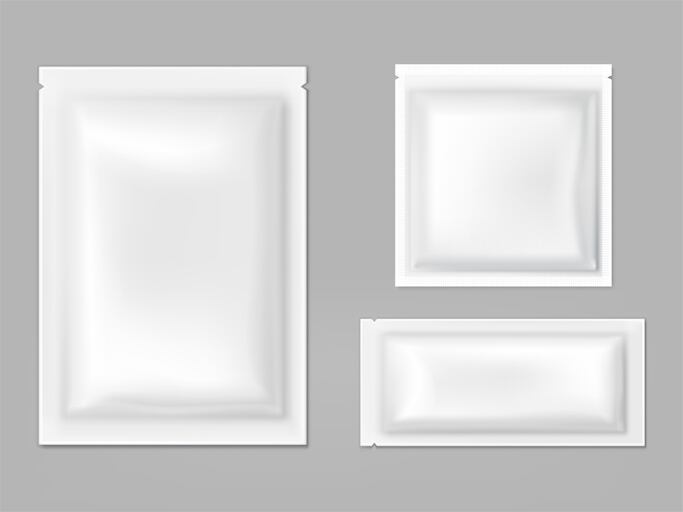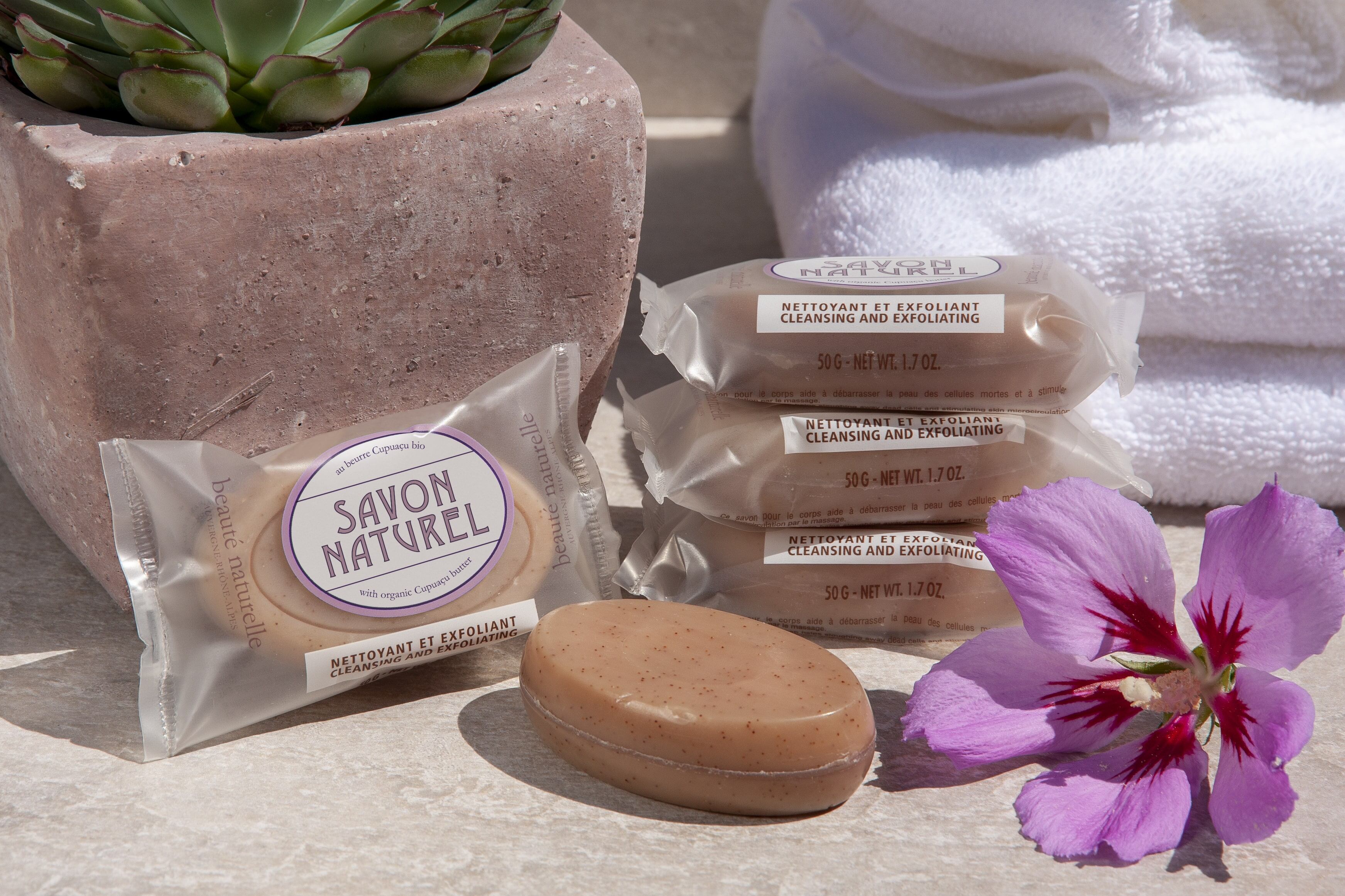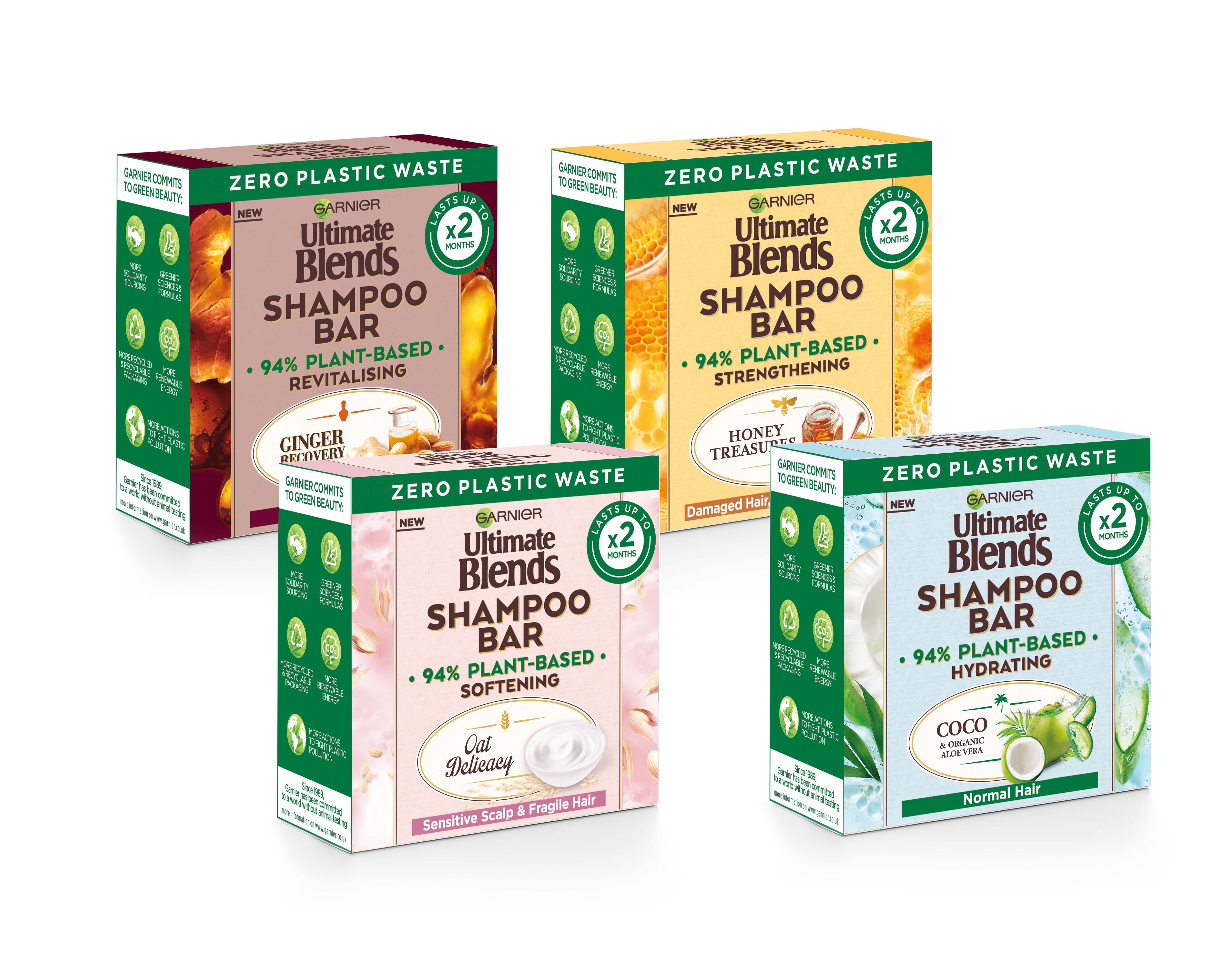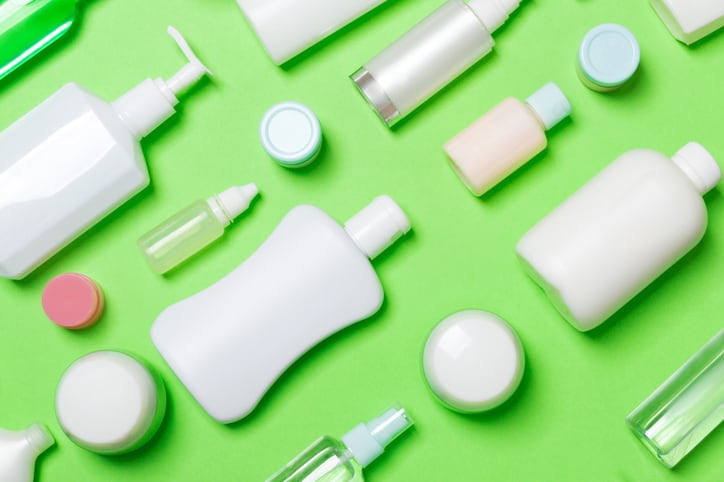The open letter entitled Sack the Sample Sachet said beauty personal care companies worldwide produced around 122 billion plastic “single-use, valueless and unrecyclable” sachets each year for various products, including shampoo, moisturiser, perfume, shower gel and face wipes. A Plastic Planet said the beauty and personal care industry was expected to be “the most lucrative end-use market for sachet packaging”, though said home care and food and drink use of single-use sachets also had to be addressed.
“Sample sachets are the ultimate symbol of our grab-and-go lifestyle – used to drive instant sales but destined to pollute our planet for centuries. We cannot go on like this,” the letter read.
Personal care a ‘huge contributor’ to single-use sachets
Speaking to CosmeticsDesign-Europe, Siân Sutherland, co-founder of A Plastic Planet, said: “The personal care category is a huge contributor to single-use sachets.”
Sutherland said that for the most part these sachets were “uncollectable” and “unrecyclable”.
“The personal care and beauty industry is under scrutiny. With impending legislation and extended producer responsibility, the need to change has never been stronger. This is a time for radical reinvention, to ensure that your business is built for a new, greener future. It all starts with sacking the sample sachet, the least defensible use of a toxic and indestructible material,” she said.
According to A Plastic Planet, there were “a raft of solutions” for beauty and personal care brands to create alternatives to single-use sachets, including using packaging materials that worked “with nature, not against it”.
Sutherland said brands that acted now would “resonate with shoppers”. “This is a ‘feel good’ industry, giving people products that they enjoy using. But the days of your customers ignoring the impact you create are over. There is nothing ‘feel good’ about plastic pollution.”
Government-level intervention needed – ‘industry can be slow to act’
Asked if it was necessary to call for government-level legislation on single-use sachets across personal care, home care and food and drink, Sutherland said: “We’ve seen that industry can be slow to act in tackling plastic pollution. Too often we see businesses talk a good game in tackling the plastic crisis, but then do not back it up (…) The only real way to tackle plastic pollution is to dramatically reduce it at source. This is where legislation plays a vital role by forcing the hands of organisations to tackle their plastic use.”
“…We’ve seen governments across the world crow about bans on single-use plastics, but the sample sachet is a huge piece of the pollution puzzle which every one of them is missing,” she said – sample sachets had to be included in single-use plastic bans for the desired effect to be guaranteed.
On the topic of investments in recycling schemes, she said this was “never going to be the answer to the plastic sachet problem”. “A tiny fraction of all sachets are ever collected, and due to their make-up, the majority cannot be processed in recycling streams. Once a plastic sachet has been produced, it will make its way to landfill, incineration, or most likely, the environment.”




